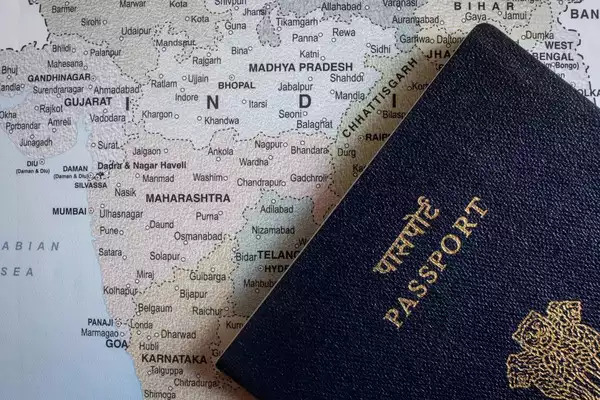NRI (Non-Resident Indian): Non-Resident Indian (NRI) refers to individuals of Indian origin who reside outside India for employment, business, education, or other purposes, and who maintain strong ties to India through family, culture, and heritage. NRIs are typically citizens of India who have migrated to another country temporarily or permanently, but who retain their Indian citizenship.
Key points about NRI status:
NRIs retain their Indian citizenship and are entitled to certain rights and privileges as Indian citizens, including the right to vote in Indian elections (subject to certain conditions).
NRIs may hold Indian passports and are required to renew or reissue their passports as needed.
NRIs may own property in India, open bank accounts, invest in financial instruments, and engage in various economic and financial activities in the country.
NRIs are subject to the tax laws of their country of residence and may also have tax obligations in India, depending on their income and financial activities.
OCI (Overseas Citizen of India): Overseas Citizen of India (OCI) status is a special immigration status granted to individuals of Indian origin who are not citizens of India but have ancestral ties to the country. OCI status was introduced to facilitate closer connections between the Indian diaspora and India, allowing individuals to maintain strong ties to their homeland while living abroad.
Key points about OCI status:
OCI status is granted to individuals who are not citizens of India but who have a qualifying relationship with India, such as being of Indian origin or having Indian ancestry.
OCI status allows individuals to live and work in India indefinitely, travel to and from India without a visa, and enjoy certain rights and privileges similar to those of Indian citizens (with some exceptions).
OCI status does not confer Indian citizenship, and OCI holders are not eligible to vote in Indian elections, hold public office, or obtain certain government jobs.
OCI holders are required to carry their OCI card and a valid passport when traveling to and from India and are subject to certain immigration and visa requirements.
In summary, while both NRI and OCI statuses relate to individuals of Indian origin living abroad, there are distinct differences in terms of citizenship, rights, and privileges. Understanding these differences is essential for individuals navigating the complexities of immigration and citizenship laws, as well as for policymakers and organizations serving the Indian diaspora community worldwide.
Sponsored
FACTS Transcripts
Apply for a University document anywhere
https://www.factstranscript.com
Quick Transcripts for popular Universities, check your University name now and get started. We help you to get your transcript application online which is accepted for use of IRCC.
No DD, NO Paperwork. 100% Authentic, Reliable.
FACTS Transcripts Charges · Reviews · Assam Universities · Home · Know your University










